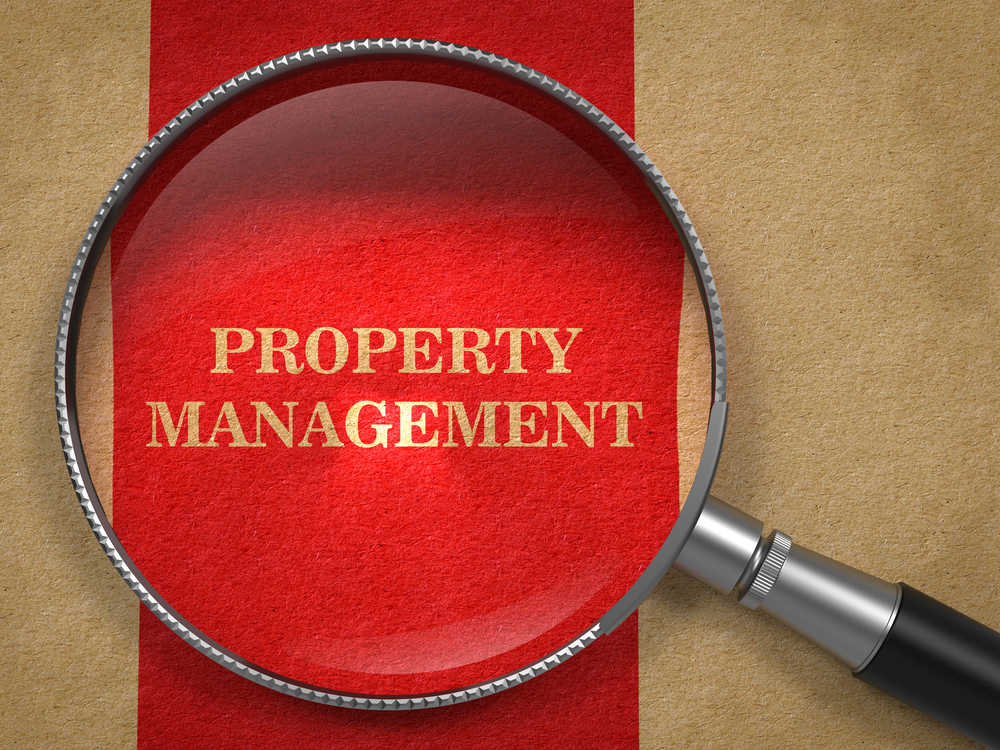News
RESIDENTIAL PROPERTY MANAGEMENT COMPANIES – ANNUAL REPORT AND SINKING FUND REQUIREMENTS

In 2011 the introduction of the Multi-Unit Development Act (MUD Act) brought with it much needed regulation and guidance for the ownership and establishment of residential property management companies in relation to multi-unit developments in Ireland. A multi-unit development is a development in which there are at least 5 residential units and those units share facilities, amenities and services.
The MUD Act sets out a number of rules and regulations which residential property management companies must adhere to, as part of their responsibility for the common areas of a development. One specific requirement of the MUD Act is that an Annual General Meeting (AGM) must be held at least once in each year, during which the directors must present to the members an Annual Report of the company’s activities.
Annual Reports for Residential Property Management Companies
The Annual Report presented to the members of a residential property management company will cover a specific period, which is generally the preceding year’s Financial Statements. For example, a residential property management company with a financial year end of 31st December 2013 will prepare and present the Annual Report, providing details of these Financial Statements, at the AGM held during 2014.
Details which are required to be included in the Annual Report are as follows:
- A statement of income and expenditure incurred. (This will generally be taken from the Financial Statements of the company).
- A statement of assets and liabilities of the company. (This is to include details of amounts due to the company, amounts owed by the company and any bank balances held).
- Details in relation to the sinking fund (which we will cover below), to include the following:
1. The amounts currently held in the sinking fund,
2. The amount of the annual contribution to the sinking fund for each member, along with details of the basis of how such contribution was calculated.
- Details of the annual service charge for the period covered by the annual report i.e. the preceding year’s charge, along with details of how the service charge was calculated. Such calculations will generally be in the format of a budget of costs borne by the management company, with the total costs apportioned between the number of units within the complex.
- Details of the annual service charge for the current period, again providing details of how the service charge was calculated.
- Details of any planned expenditure on non-routine items such as refurbishment or improvements which is to be conducted in the current period.
- Details of the insurance cover taken out by the management company to include:-
1. The insured value of the complex,
2. The amount of the premium paid,
3. The name of the insurance provider
4. A summary of the principal risks covered by the insurance policy.
- Details of the fire safety equipment installed in the development, along with details of the current maintenance agreements in place for such safety equipment.
- Details of any contracts entered into between the management company and a director or directors of the company. For example, if one of the directors of the management company provides fire safety maintenance to the management company the details of this contract would need to be disclosed in the annual report, along with details of amounts paid for such services provided.
As with other limited companies, residential property management companies are required to provide their members with 21 days notice of an AGM. While a copy of the Annual Report is not required to be issued to the members with the AGM notice, it must be issued at least 10 days before the meeting is held. It is also noted in the MUD Act that the AGM must take place within close proximity to the complex and at a reasonable time, unless 75% of the members agree otherwise.
Sinking Funds of Residential Property Management Companies
Under Section 19 of the MUD Act, residential property management companies are required to establish a ‘Sinking Fund’ to ensure there are adequate resources available to cover ad hoc costs as:
- Refurbishment,
- Improvement,
- Maintenance of a non-recurring nature or,
- Advice from suitably qualified person on such work outlined in 1 – 3 above.
Each unit owner within the complex must contribute to the sinking fund on an annual basis, with developers being responsible for any unsold units. Contributions to the sinking fund are determined and approved by the members at a meeting of the company. However, if an amount is not agreed upon by the members, the MUD Act outlines that a charge of €200 per unit must then be applied.
Furthermore, in order to ensure that contributions to the sinking fund are only used for non-routine costs management companies are required to establish a separate bank account into which all sinking fund contributions must be lodged. The holding of such monies on deposit may give rise to deposit interest which could have implication on a property management companies claim to Corporation Tax Exemption, which we covered in our recent blog, Corporation Tax Concessions For Residential Property Management Companies.
We understand from our experience of working with residential property management companies that many of the directors appointed to the board are owners of units within the complex and as such they may not be aware of the requirements imposed on them by the MUD Act. While the information required to be presented in an Annual Report may appear to be onerous at the outset, much of the information can be obtained from the company’s annual Financial Statements, with additional information available from insurance and fire safety providers.
If you are currently in the process of preparing for your Annual General Meeting and would like to discuss any of the above MUD Act requirements, please do not hesitate to contact a member of our team.
Images: Shutterstock
